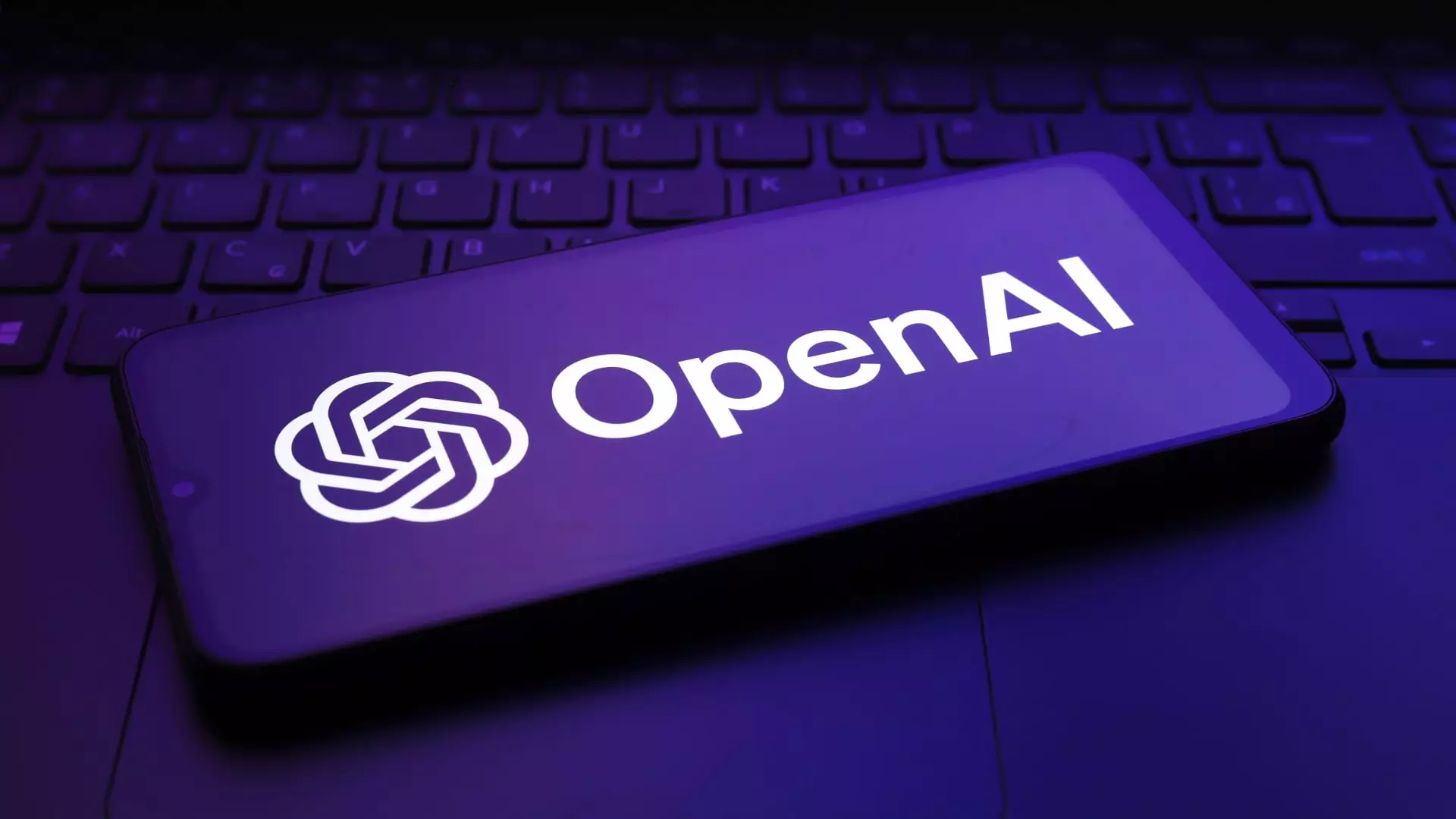In a heartbreaking development that has sent shockwaves through the tech industry, Suchir Balaji, a 26-year-old former researcher at OpenAI, was discovered dead in his San Francisco apartment. His tragic passing, ruled as a suicide by local authorities, raises not only profound sadness but also critical questions about the ethical implications surrounding artificial intelligence and copyright issues. As the public grapples with the legacy of Balaji, it is essential to analyze the circumstances that surrounded his life and untimely death.
Balaji left OpenAI earlier this year, expressing his concerns about the organization’s approach toward copyright law in the development of AI tools like ChatGPT. His departure was not just a career shift but a principled stance against what he viewed as unethical practices related to intellectual property rights. In an interview with The New York Times, he articulated a deeply held belief that generative AI technologies could undermine the livelihood of individuals creating digital content through data exploitation. These concerns illustrate the complex intersections between innovation and morality, raising vital questions about responsibility in AI development.
Balaji’s alarming assertions about the detrimental impact of AI on creators highlight an ongoing debate in the realm of technology. The perceived threat to copyright and content creators arises from how AI models are trained, often utilizing vast swathes of copyrighted material without consent. This tension is further compounded by ongoing legal actions against OpenAI, including lawsuits that aim to hold the company accountable for potential injustices against publishers and creators whose works have allegedly been appropriated. Balaji’s views resonate with a growing chorus of voices advocating for more robust protective measures for original content in the age of AI.
In light of Balaji’s death, OpenAI expressed grief and extended condolences to his family. The company finds itself at the center of a storm, faced with numerous legal challenges regarding AI ethics and copyright claims. CEO Sam Altman’s statements echo an ongoing narrative within the tech community—balancing innovation with ethical considerations. However, skepticism regarding industry accountability remains prevalent, reflecting a broader societal struggle to comprehend the rapid evolution of AI technologies and their ramifications.
The tragedy of Suchir Balaji serves as a somber reminder that behind every technological advancement, there are human lives deeply affected by the ethical dilemmas that arise. It prompts a necessary collective reflection about the responsibilities of tech companies and the measure of their impact on society. As we seek to understand Balaji’s legacy, we must confront the urgent questions he raised about justice and ethics in an era dominated by artificial intelligence. Ultimately, his story is one of a visionary voice lost in a complex and challenging conversation—a conversation we must continue in his honor.

